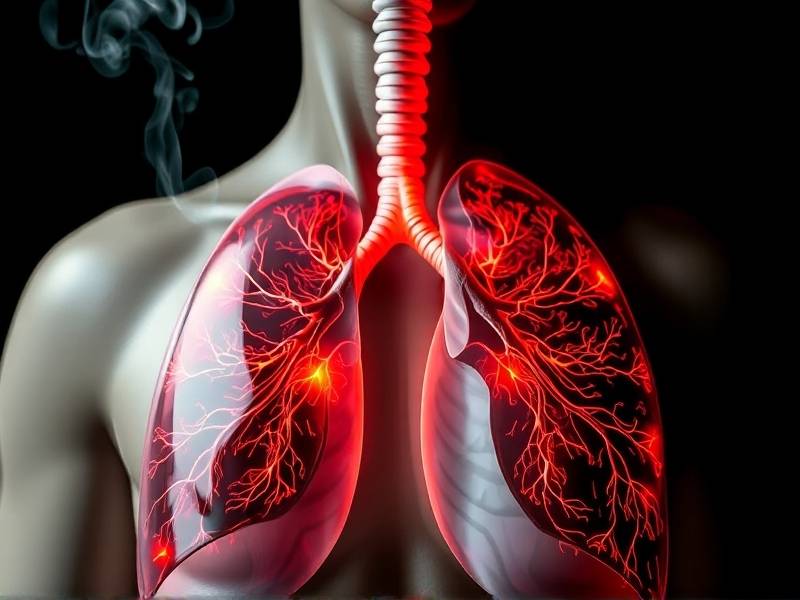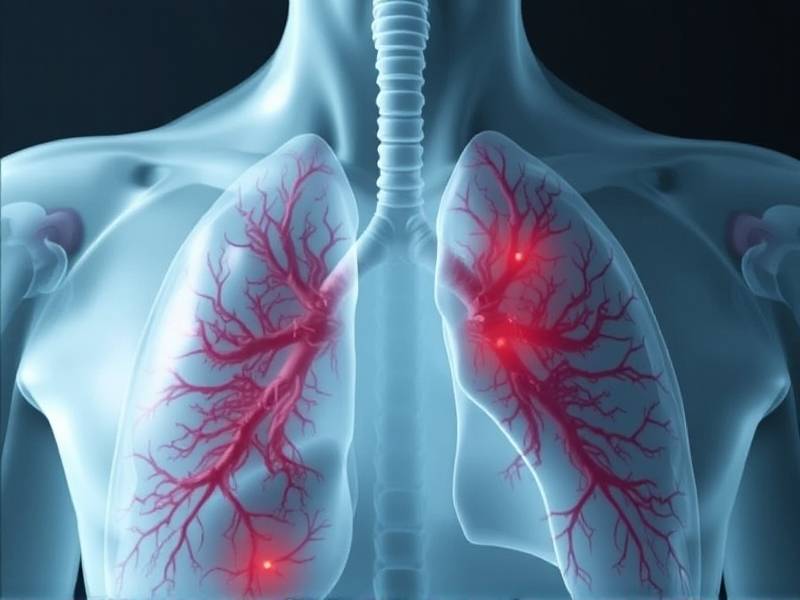Do Your Lungs Really Repair Themselves After You Quit Smoking?
The Myth of Lung Repair: Fact or Fiction?
Quitting smoking is a significant decision that many people make to improve their health. One of the most common misconceptions about quitting smoking is the belief that the lungs can fully repair themselves after you stop. But does this myth hold true? Let's explore the facts and fiction surrounding lung repair after quitting smoking.

The Immediate Impact of Quitting Smoking
When you quit smoking, your body begins to heal almost immediately. Within 20 minutes of your last cigarette, your heart rate and blood pressure drop, and carbon monoxide levels in your blood start to decrease. Over time, these improvements continue as your body works to repair the damage caused by smoking.
The Role of Cilia in Lung Repair
One key factor in lung repair is the presence of cilia—tiny hair-like structures that line the airways. Cilia help to move mucus and trapped particles out of the lungs, preventing infections and reducing inflammation. When you smoke, these cilia become damaged or destroyed, which hinders lung repair.

However, when you quit smoking, your cilia start to regenerate and become more effective at clearing out debris from your lungs. This process can take several months to a year or more, depending on the severity of your smoking habit.
The Timeframe for Lung Repair
The time it takes for your lungs to repair themselves after quitting smoking varies from person to person. Some individuals may notice improvements within a few weeks, while others may take several years to see significant changes.
According to research published by the American Lung Association, non-smokers have healthier lungs than smokers within 1-9 years after quitting. This means that while some damage may be irreversible, quitting smoking significantly reduces your risk of developing chronic lung diseases such as COPD (Chronic Obstructive Pulmonary Disease) and lung cancer.
How Smoking Affects Lung Function
It's important to understand how smoking affects lung function before we delve into lung repair. Smoking causes inflammation in the airways and damages alveoli—air sacs in the lungs responsible for oxygen exchange. This damage can lead to shortness of breath, coughing, and other respiratory issues.
The Importance of a Healthy Lifestyle
While quitting smoking is a crucial step towards repairing damaged lungs, it's not enough on its own. Adopting a healthy lifestyle that includes regular exercise, a balanced diet rich in antioxidants (found in fruits and vegetables), and avoiding secondhand smoke can further enhance lung repair.
Conclusion
In conclusion, while it's true that quitting smoking allows your lungs to begin repairing themselves, this process can take time. The extent of lung repair depends on various factors such as age at quit date and length of time smoked. By adopting a healthy lifestyle alongside quitting smoking, you can support your body's natural healing process and reduce further damage to your lungs.
Remember that it's never too late to quit smoking! If you're considering making this life-changing decision or know someone who is, encourage them to seek support from healthcare professionals or join a support group dedicated to helping smokers quit for good.
